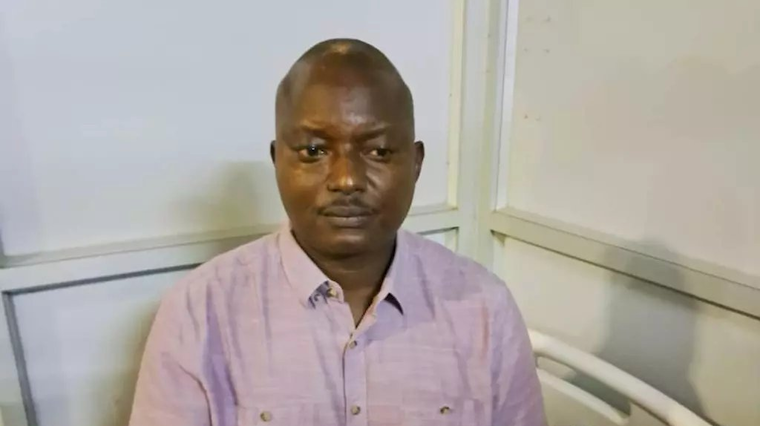The current sanctions imposed on Honourables Kitutu, Nandutu, Anita Among, Lugolobi, and others might compromise the long-held constitutional law principles regarding the innocence of accused persons. It is trite law that punishment should not be duplicated; a judicial process being undertaken by the Government of Uganda should be respected. The actions of mismanaging public resources should be resolved using the various legal processes in place. Efforts by the judiciary to establish the innocence or guilt of the accused should be accorded protection. The international community should only consider taking radical actions, such as sanctions, if local initiatives were not being undertaken.
Equally, the presumption of innocence for the accused should proceed untrammeled. It is a well-held principle in international criminal law that once a state is seen making positive steps in bringing accused persons to trial for any crime, another state should not rush to punish the accused through sanctions, as this would undermine the presumption of innocence afforded to all accused persons in criminal law.
International law encourages state parties to try accused persons or, if not possible, to hand them over for trial elsewhere. The Ugandan Government has already initiated the process of trying the accused persons. For example, Hons Kitutu, Nandutu, and Lugolobi are before the Anti-Corruption Court facing a host of charges.
Similarly, Ugandan municipal statutes and international law discourage double punishment and multiple trials of accused persons in different courts for the same offenses. For example, Article 28(9) of the Constitution and Section 18 of the Penal Code Act discourage double punishment for the same offenses.
In one of the leading cases related to the extradition of the former president of Senegal, Hussein Habré, the question of law was whether he should be handed over to Portugal for trial or tried from exile in the host country. Available information indicated that the trial process had commenced, and the international community abandoned their demands to have the former president handed over to Europe for trial.
The International Criminal Court statute places the burden of proof on the state or the complaining party, not on the accused persons. Article 66(1)(2)(3) requires the state to furnish evidence against those it alleges to have committed a crime.
Since international law is on a lower plane from a Ugandan legal perspective, the international community ought to tread carefully. Both Ugandan laws and international laws generally presume the innocence of accused persons. Article 28(3)(a) of the Uganda Constitution states that all accused persons are innocent until proven otherwise. By imposing sanctions, you undermine this directive, which is why courts of law quickly grant bail to such accused persons when they apply for it, as they are innocent in the eyes of the law for the crimes they are accused of.
By the international community imposing sanctions on various government officials in Uganda, it could be construed that they are already guilty as charged, which potentially jeopardizes Article 28(3)(a) of Uganda’s Constitution.
President Museveni, through numerous correspondences shared on various media platforms, has shown political commitment as Head of State regarding the allegations, including inquiries about what is alleged to be the Speaker’s house in the UK. This is sufficient commitment, perhaps unprecedented.
Therefore, it would be legally proper to allow the local efforts to proceed before jumping to impose sanctions on these officials. When a person is dragged to court, the general theory behind the trial of accused persons is to release them if there is insufficient evidence or punish them if there is reasonable evidence against them.
The international community should not usurp Uganda’s municipal mandate; allow local efforts to address the criminal allegations at hand. Conversely, how will the American and British governments react when Ugandan courts find the accused innocent or perhaps guilty?
Accused persons have various lines of defense they can employ to evade culpability in criminal trials, such as claims of right, innocence, lack of jurisdiction by courts, among others. Impeachment is another process used to remove someone from a high-profile position such as president, speaker, or minister.
Steven Masiga, a researcher and writer from Mbale. Tel: 0782231577.




















